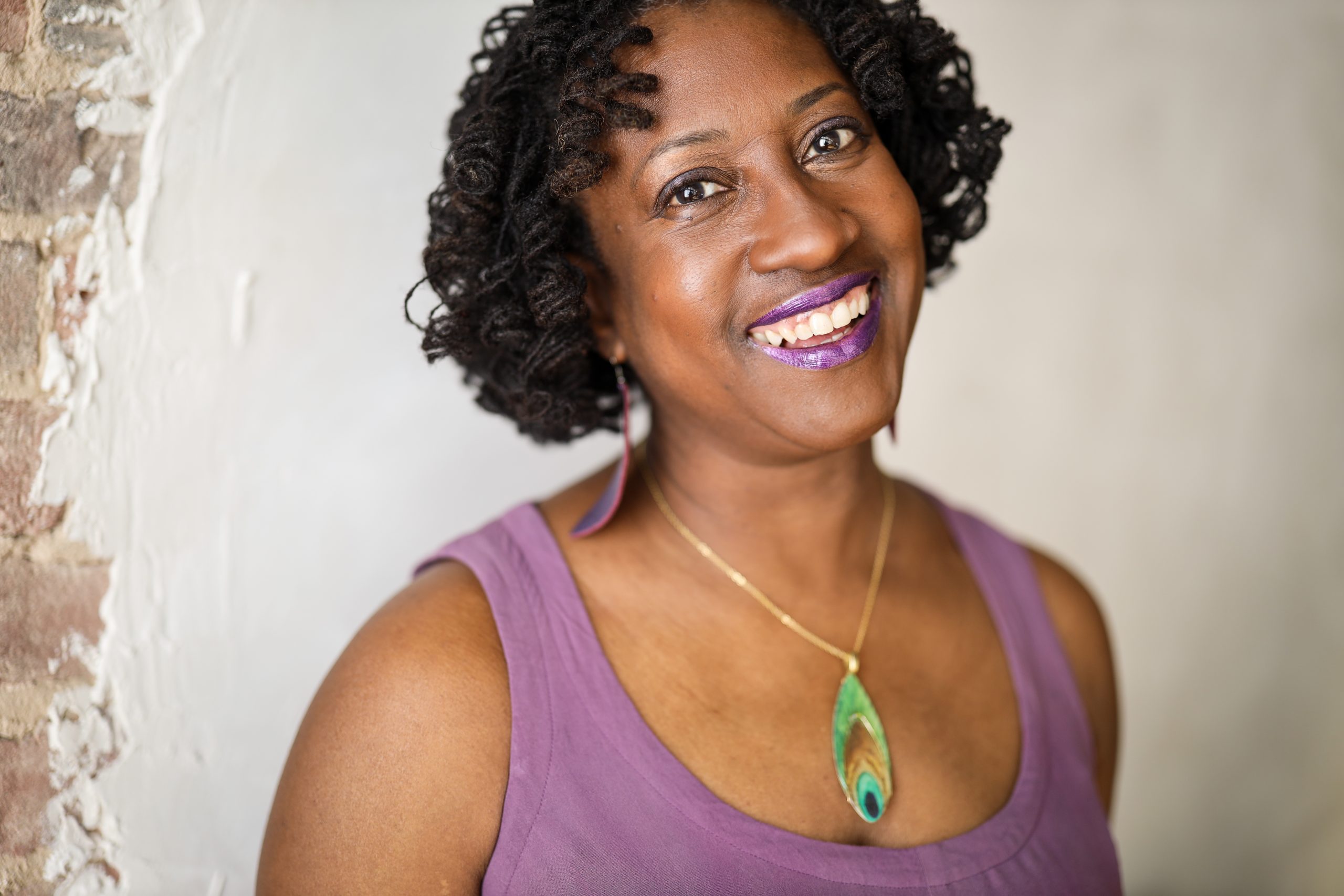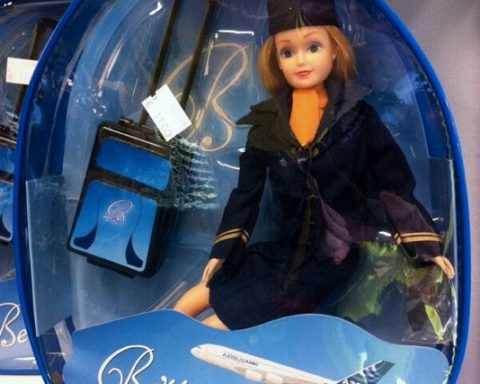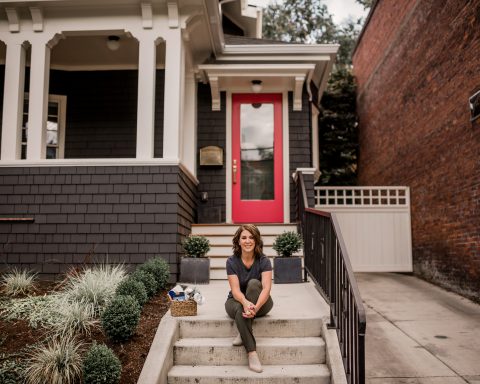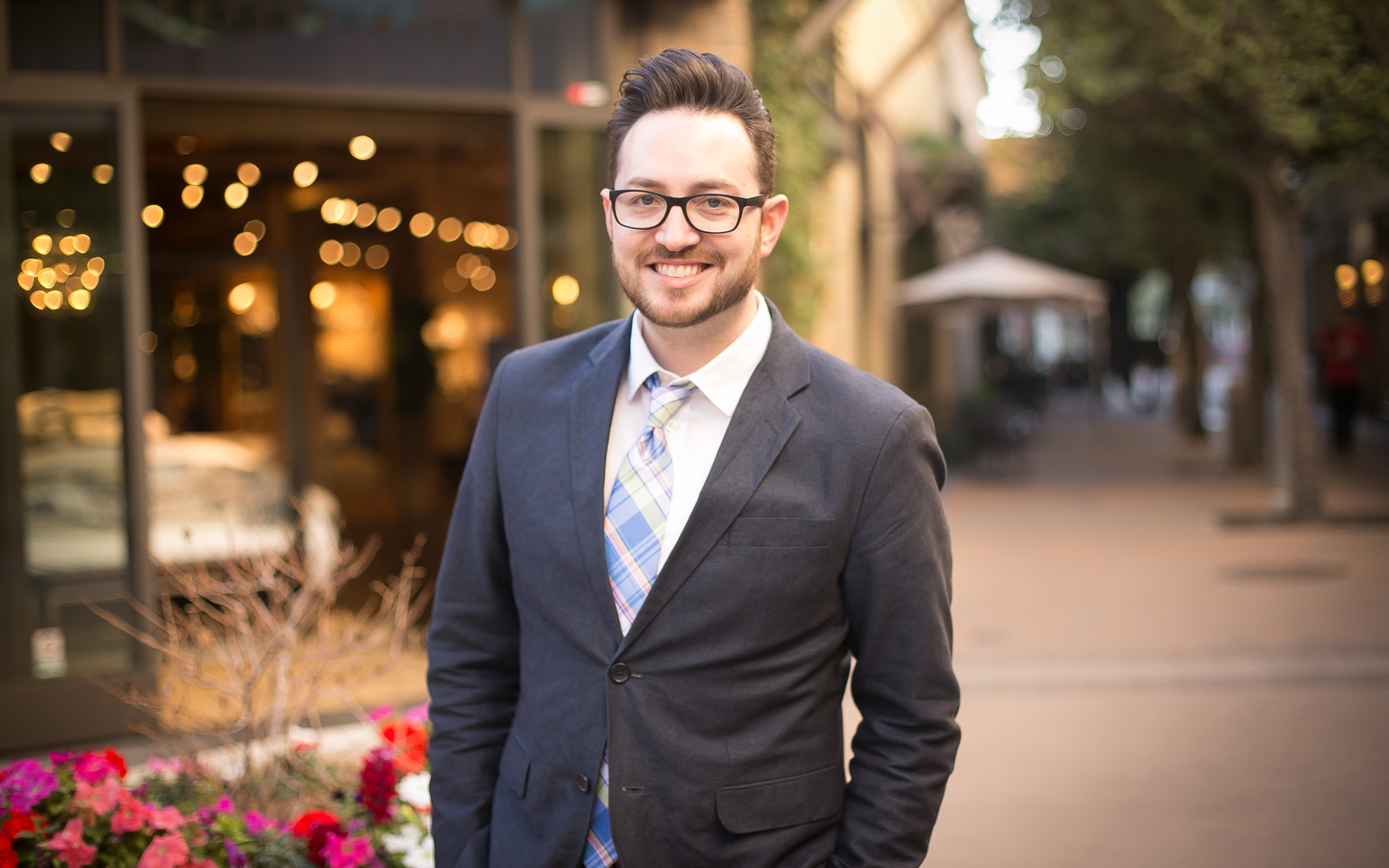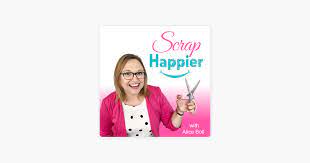“I wanted to find a place – I wanted to create a place where I did not have to constantly explain myself, or feel like I had to withhold part of myself, or feel as if I was exchanging my full humanity, in order to pursue something that I love. And so by setting this table for black women. It gives the message that we are a circle, that we are a community, worthy of support and sustenance and celebration.” Lisa Woolfork
Stitch Please is a podcast about so much more than sewing. It’s so much more than ideologies. Sewing is a love affair for Lisa Woolfork, host of Stitch Please Podcast.Sewing is an enthusiasm that was passed down through four generations, starting with her great grandmother. “Now I grew up with this my entire life – surrounded by sewing. My mother would sew our clothes in the summer. She was a teacher, she taught fourth grade for many many years, and in the summertime, she and some of her co-teachers would get together and sew in the summer, so that we would have clothes in the fall.”
Lisa’s love of sewing was not automatic. At first, she rejected the idea of sewing since it was more inline with the “feminine arts” so it didn’t have value. Lisa says, “and then I realized, wait a minute, my feminism does not need to reject domesticity because somebody has to cook your food. Somebody has to clothe your body and it might as well be you. I recalibrated my definitions about what and how I thought about sewing. Part of this is of course attached to gender and if women do it then therefore it just automatically has less value.”
Lisa is an associate professor of English at the University of Virginia, where she specializes in African American literature and culture.She is an author, including publishing the book Embodying American Slavery in Contemporary Culture in 2008 and various articles on the role of race in television. She is an activist and the founding member of the local Black Lives Matter chapter.
In 2018, Lisa started a sewing group, Black Women Stitch. The group started with a weekend sewing retreat with great food and chocolate, conversation and stories. “ As we were chatting, I was like-you know these side conversations are very interesting. The conversations we’re having just about life as black women are also very interesting. It would be really neat to kind of extend this beyond this path this week.” The idea for the Stitch Please Podcast was born from that sewing weekend.
Lisa applied for a grant and in August 2019 she released the first introductory episode. Stitch Please is a “values led project that centers black women, girls and femmes. The podcast lifts up and celebrates black women, girls and femmes as we practice the principles of radical self love, black liberation and Social Justice.” The podcast topics range from Cosplay (costumers) and Blerdery (Black Nerds) to the mechanics of buttonholes and African American designed fabrics and beyond.
Throughout the podcast episodes, race is present. Lisa ties her culture and love of sewing and the various offshoots of that love to the passion and commitment of educating and bringing to the forefront the social injustices present in today’s world. As one reviewer stated, “ Lisa pokes at the vacuum bubble that surrounds craft, to let in truth behind the traditions. It’s easy to say “keep your politics out of my craft”- but that is a blind statement. What the mainstream sewing industry promotes and makes available to the community (or DOESN’T promote or make available) is always embedded in cultural and political decision making.”
“The nation as a whole is in a cataclysm, especially in the summer of 2020. I think George Floyd’s murder, Brianna Taylor’s murder, and Ahmaud Arbery’s murder, these are violent and disturbing and traumatic experiences when given public voice, and being held in protest.”
As Lisa continues, “it just feels preposterous to me that at my age, in 2021, that there’s conversations that we’re still having about these things or about, or some people wanting representation. Some people want diversity, as I tell anyone, black woman stitch is not a diversity project. It is not about trying to get more representation and please see us. I don’t give a shit. It’s really about the love and affirmation from the community of sisterhood that sustains me, and that we work to sustain each other. It’s not about trying to get a seat at someone else’s table. I built my own table that I’m incredibly proud of.”
I believe there is a need for us to have these spaces where we don’t have to audition our humanity, where we don’t have to compromise, where we don’t have to invoke the same protocols that we might have to invoke when we are working. You know, the code switching, the things that you do to make white people feel comfortable or at ease. All of that, none of that is what we have to get to, we get to be our whole full selves. Yeah, something we love. And so that is what black women stitch does and I wanted to channel that energy into the podcast, and so that is why I believe I have such a seamless integration of things that might seem separate.
My goal is to affirm black women and the work that we are doing and in the end the leisure that we take and just all of these things that mean just to be seen and visible. And I think in that affirmation is what love is and that’s why it’s a passion project I do believe very strongly in. I’m so grateful to have the access that I have. I’m grateful to podcasting as a medium for allowing me this very niche and very unique interest.”
Stitch Please is a podcast that is a selfless act of love. It’s an education. It’s a social statement. It’s an understanding that humans can come together and listen to each other and share stories. It’s learning how to create a french seam.
Author’s Note: The amazing interview with Lisa Woolfork was almost 2 hours long and we unpacked and discussed so much more than the space available here. I used quoted passages more than I normally do in my articles simply because I did not want to misinterpret Lisa’s amazing words and thoughts. I encourage adding Stitch Please to your podcast playlist, whether you want to learn how to make a button hole or not. This podcast is so much more.
July 2021 Issue


